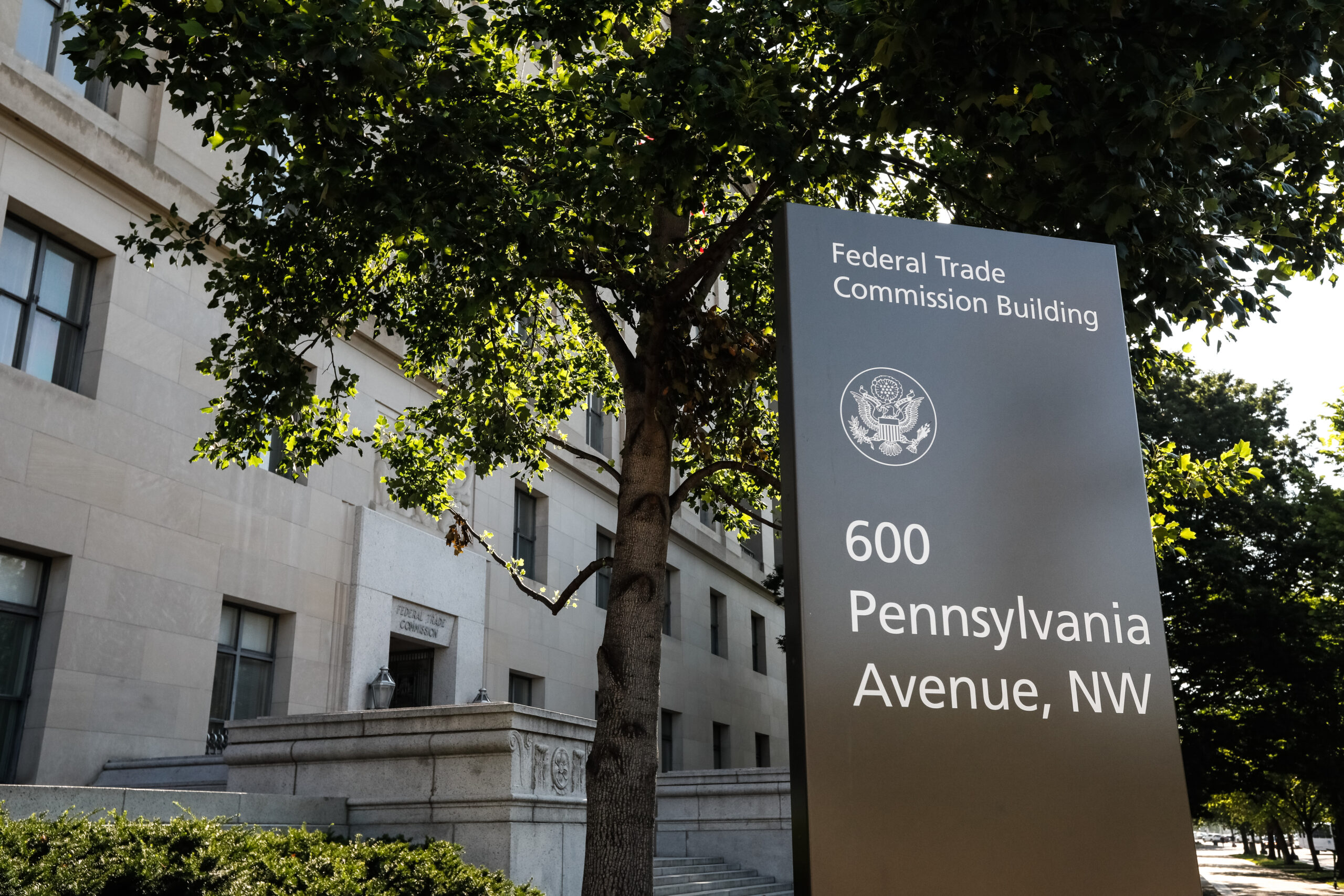Royalties Ruling Reflects Anti-Innovation Bias
As the national press noted two weeks ago, Judge Louis Stanton in the Southern District of New York sided with BMI in a dispute with Pandora over royalty rates for public performance of musical compositions administered by BMI. That ruling was finally unsealed yesterday, and it reflects another example of copyright law penalizing new technology.
The upshot of yesterday’s decision [PDF here] is this: while radio broadcasters everywhere pay 1.7% of their gross revenues in public performance royalties for musical compositions, Pandora should pay 2.5% of its gross revenue to BMI.
As I have noted in previous posts, Internet radio broadly gets a bad deal in the copyright regulatory framework. The fact is that the current copyright system tends to discriminate against newer forms of technology, and in favor of existing technologies. This isn’t a recipe for promoting progress.
Conspicuously, the decision comes on the heels of a ruling in the U.S. Court of Appeals for the Second Circuit (to which Judge Stanton’s decision will likely be appealed) that affirmed a trial court’s findings of evidence of “troubling coordination between Sony, UMPG, and ASCAP, which implicates a core antitrust concern”. Today’s decision thus seems to be at odds with the appellate court, insofar as it gives a stamp of approval to royalty rates benchmarked to periods when music publishers were coordinating behavior in “troubling” ways.
However, even though this ruling may not hold up on appeal, the fact that the opaque nature of music rights ownership can be used offensively in licensing negotiations illustrates the continuing need for transparency in this sector. (There are similar concerns on the record label side of the music industry as well, on both sides of the Atlantic.) Only when both licensees and licensors know who owns what will listeners, artists, distributors and innovators all get a fair deal.








